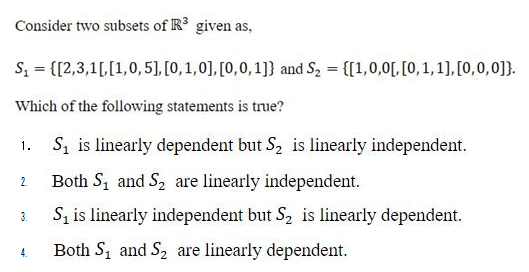Start learning 50% faster. Sign in now
The standard bale weight of jute is 180 kg, which simplifies logistics and trade, ensuring that transactions are consistent and manageable while optimizing space and transport costs.
In the figure P is a point which is 12 cm away from the centre of the circle O. A line drawn from P point cuts circle at point A and B respectively. If...


If the curved surface area of a cylinder is 126π cm² and its height is 14 cm. then, what is the volume of the cylinder?
ABCD is a parallelogram such that DM is perpendicular to side AB and length of AM is 6 cm while length of MB is 20 cm. If length of AD is 10 cm, then fi...
If I is the incentre of ΔABC , if ∠ BAC = 800 , then what is the measure of ∠ BIC?
If G is the centroid and AD, BE, CF are three medians of ∆ABC with area 42 cm 2 , then the area of ∆BGD is?
In a triangle ABC, AB = 13 cm, BC = 14 cm, and AC = 15 cm. Find the area of the triangle and the length of the altitude from vertex A to side BC.
If G is the centroid and AD, BE, CF are three medians of ∆ABC with area 72 cm 2 , then the area of ∆BDG is?